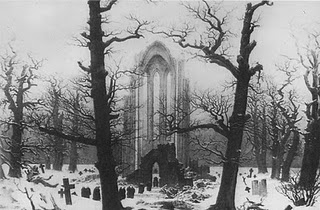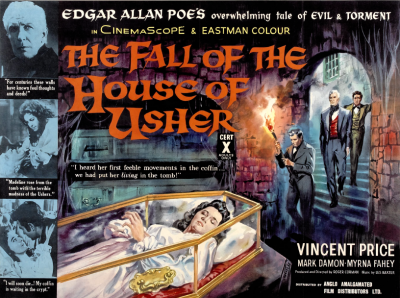
I’ve been thinking about this subject for 50 years, but only recently I think a little light has dawned.
In other words, I begin to understand now, in my head, what my ten-year-old Celine-Dion heart understood right from the beginning.
We’re talking about the Gothic, the “Gothic” strain in literature and movies — the spell cast by the Gothic on all who behold it with unveiled face.
What is the Gothic? Quoting The Oxford Book of Gothic Tales: “A Gothic tale will invoke the tyranny of the past (a family curse, the survival of archaic forms of despotism and of superstition) with such weight as stifle the hopes of the present (the liberty of the heroine or hero) within the dead-end of physical incarceration (the dungeon, the locked room, or simply the confinements of a family house closing in upon itself).”
Podcast 19 looks at three of the Gothic tales of Irvin S. Cobb, including the one story of his that is still read today; Ray Russell’s tetanus shot of a tale, Sardonicus, together with his lame though harrowing novel “Absolute Power” (which I would not recommend); Roger Corman’s delving interpretations of the Edgar Allan Poe cycle; and that masterpiece of Gothic television, “The Guests”, from the original The Outer Limits. The latter combines Luana Anders, Jack Kerouac, an Alien Brain, Gloria Grahame, Christianity, and the original Norman Bates house. (It’s Perfect, in other words.)
Moreover, what do the fans tell us? What are the millions of fans telling us? And what is the substance of the Gothic saying about us? That is the question.
Podcast 19’s answer? Something in the line of ‘Row, Row, Row Your Boat’.
To listen click here. To subscribe, here.
BONUS QUOTE: From Michael Moorcock’s introduction to his 1996 Tales of Terror and the Supernatural:

COMMENTS
Leave a Reply














